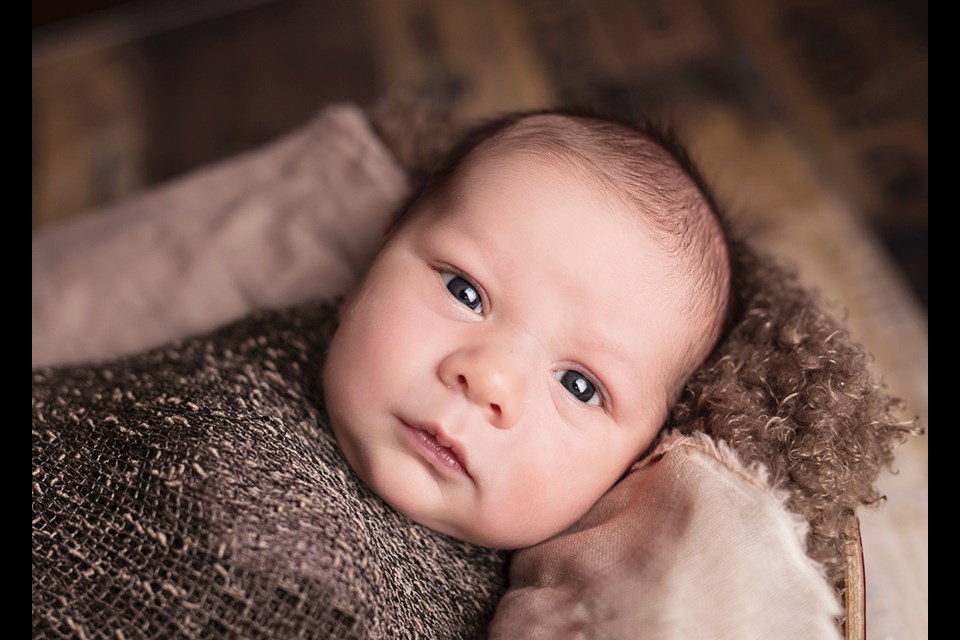Squamish mom Katie Smith is expecting her second child in about a month and says she’s getting a little scared about the labour.Ěý
Unlike some mothers who say they quickly forgot the pain of childbirth once it was over, Smith, 33, said the labour and delivery of her son, Thomas, eight years ago is still vivid in her mind.Ěý
“I remember every single pain, every single moment,” she said, adding she suffered crippling back cramps much of the eight hours of labour.Ěý
Fear of labour and delivery is common, but not well researched or discussed, according to a team looking into the phenomenon at the University of B.C.Ěý
The UBC psychology department has recently launched a Childbirth Fear Study, which is open to expectant mothers 18 years old or older.
Participants will fill out an online survey and have a phone interview.Ěý
Researchers will ask participants about their background, previous pregnancies, mood, feelings about childbirth and any previous sexual abuse or trauma.Ěý
Previous research has shown that 25 to 30 per cent of women have moderate fears around childbirth while five to 10 per cent experience fears so great that it impacts their lives to the extent some want to avoid having children altogether, according to Dr. Kathrin Stoll, co-investigator with the UBC study.
Fears can include concern for the health of the baby, fear of unwanted interventions, fear about the pain of birth or the woman’s own health during labour and delivery.
Some women worry they won’t be supported in their time of need, Stoll added.Ěý
Women, such as Smith, who had previous negative birth experiences are often understandably fearful about the next birth, Stoll said.Ěý
While resources, research and awareness of mental health issues after birth, such as postpartum depression, have increased, little attention has been paid to a woman’s mental state leading up to the birth, Stoll said, even though issues before the birth are even more common than afterwards.Ěý
“We are trying to raise awareness about childbirth fear and anxiety and related disorders during pregnancy and how important it is to identify that and treat it, if necessary,” she said.
In some countries, such as in Scandinavia, every pregnant woman is asked how she feels about the upcoming birth, Stoll noted.Ěý
If the woman is really impaired by her fears she can be referred to phobia clinics.Ěý
But in North America, women aren’t usually asked such things and there are few specific resources for women who are fearful, according to Stoll.
The overall cultural expectation is that a pregnant women will only be happy and excited about the pending birth, but that isn’t always realistic, Stoll said.Ěý
Ideally, the study results will lead to more attention and resources for women’s mental health during pregnancy, Stoll said.Ěý
In the meantime, expectant mom Smith’s advice for nervous women is to “breathe.”
“And know that the beauty of childbirth and seeing that baby for the first time is way more rewarding and trumps all that fear,” she said.
To learn more or register for the Childbirth Fear Study go to,Ěý



